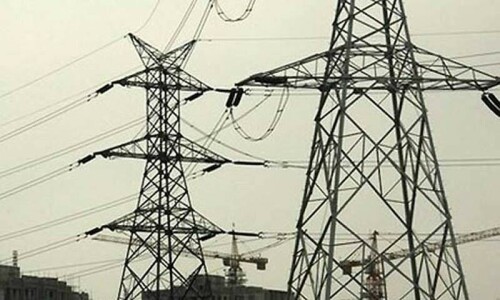PESHAWAR: The federal government on Wednesday announced the establishment of civilian courts in the Federally Administered Tribal Areas (Fata).
Khyber Pakhtunkhwa (KP) Governor Sardar Mahtab Ahmad Khan announced the decision to establish the courts at the inauguration ceremony of Fata Tribunal Courtroom at the Federal Judicial Complex in Peshawar.
“We will establish civilian courts in all agencies of Fata and also post an additional political agent in every agency whose sole responsibility will be to facilitate the court in his assigned agency,” said the governor of KP.
Read: ‘Much awaited’ Fata Tribunal formed
It is pertinent to mention that the Fata Tribunal was established in 2011, but a functioning courtroom was not present for the tribunal.
A Case Management Information System (CMIS) was developed using the Multi Donor Fund Trust (MDFT) and will function in the courtroom.
A case registered in the court, took an average of 142 days to resolve, but now after the introduction of CMIS, it would be resolved in 92 days. A total of 1,075 cases were registered in the court, out of which 821 have been resolved till date.
“Residents of tribal areas will also get the right to appeal in the courts,” said Khan.
The governor also said that the tribal population has been affected the most by the war on terror being waged in the country.
Read more: Governor for strengthening Fata Tribunal
Earlier in May, the Fata Tribunal had been constituted by the KP governor and a former bureaucrat Sange Marjan Khan was appointed its chairman.
The Fata Tribunal was introduced in 2011 by making amendments in section 55A of the Frontier Crimes Regulations. The Fata Tribunal comprises a chairman and two members, appointed by the governor.
The chairman shall be a person who has been a civil servant of not less than BPS-21 and having experience of tribal administration. One of the members shall be qualified to be appointed as judge of the high court and should be well conversant with traditions. The other member shall be a former civil servant of not less than BPS-20.














































